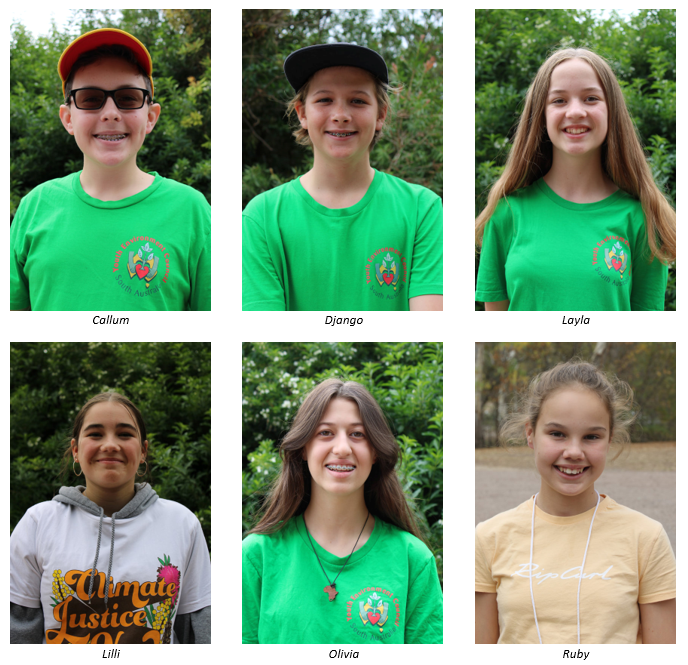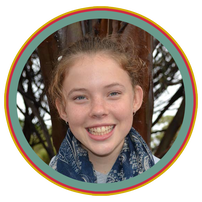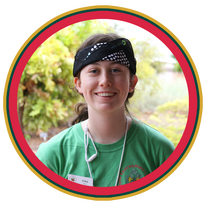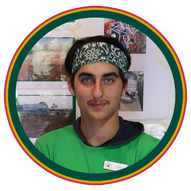Mentor program
The mentor program is an innovative peer education program where selected YEC students are trained in student leadership by staff to help run the YEC program over the year. The mentors interact with and influence other YEC members by running many of the year’s activities and by providing peer support. Mentoring the YEC students also enhances the mentors’ own leadership skills, as well as supporting them to transition into other roles and opportunities beyond the YEC.
What is the difference between a mentor and a member?
MEMBER
Who can be a Mentor?
The YEC mentor program is for older students (typically Yr 9-11), who have been a member of the YEC for at least one year.
Mentors are chosen by staff because they have demonstrated exceptional leadership and role-modelling skills, or shown the potential to develop these skills, and had the ability to foster relationships with others in their time as a YEC member.
How do I become a Mentor?
If you have participated in the YEC for at least one year, you can tell staff that you are interested in a Mentor role for the next year. Staff will take this into consideration when choosing Mentors. Not everyone who nominates for the Mentor role will be selected, as places are limited.
Mentors are chosen and notified by December each year, ready to begin their new role at the start of the YEC year (from February the following year).
What are the expectations of being a Mentor?
YEC Mentors will be expected to do all the things regular members do, as well as:
What are the benefits?
Skills that Mentors often develop over the program include:
Mentors are also encouraged to set their own personal goals for the year. YEC staff support Mentors to develop these and provide feedback throughout the year. Goals may include:
What is the difference between a mentor and a member?
MEMBER
- Selection process: By application, open at the beginning of each year. Selected on merit and geography by Green Adelaide staff.
- Considerations: The council wants representation from across the state.
- Term: Become members in Term 1 and are members for one school year.
- Eligibility: Student in year 7-11, interested in the environment and sustainability.
- Number: Approximately 60 members on the council.
- Following year: Need to reapply through the member selection process in the following year to be a part of the YEC again. Members from the previous year will be notified when applications are open.
- Selection process: Approached by Green Adelaide staff. Conversation between staff and student.
- Considerations: Opportunity to share experience with other members whilst stepping back. Assist with culture of YEC.
- Term: Become mentors in Term 1 and are members for one school year.
- Eligibility: Ideally a year 9-11 student. Must have been a part of the YEC for at least one year as a member and demonstrated strong role modelling.
- Number: Up to eight mentors per year. May change from year to year depending on numbers.
- Following year: May be approached to be a mentor again.
Who can be a Mentor?
The YEC mentor program is for older students (typically Yr 9-11), who have been a member of the YEC for at least one year.
Mentors are chosen by staff because they have demonstrated exceptional leadership and role-modelling skills, or shown the potential to develop these skills, and had the ability to foster relationships with others in their time as a YEC member.
How do I become a Mentor?
If you have participated in the YEC for at least one year, you can tell staff that you are interested in a Mentor role for the next year. Staff will take this into consideration when choosing Mentors. Not everyone who nominates for the Mentor role will be selected, as places are limited.
Mentors are chosen and notified by December each year, ready to begin their new role at the start of the YEC year (from February the following year).
What are the expectations of being a Mentor?
YEC Mentors will be expected to do all the things regular members do, as well as:
- have a child safe clearance
- remain focused, on task, regulate their own behaviours to be in line with group norms and their position as a mentor
- take on a leadership role of their choice within the council (something that will stretch and develop their skills)
- set example of norms, appropriate behaviours, contribute to the group, and display leadership in the YEC community
- help to plan and develop elements of the YEC program
- inspire others to take-action, develop skills, try new things, meet new people, and persevere.
What are the benefits?
Skills that Mentors often develop over the program include:
- working with staff to plan and run activities at YEC events
- welcoming students to help make the process of joining in, taking part and enjoying the YEC easier for others
- sharing their experiences of taking action in their school and local community
- facilitating discussions and small group work
- ensuring that other YEC members feel included and valued, and guiding them along the way when needed
- role-modelling positive and sustainable behaviours.
Mentors are also encouraged to set their own personal goals for the year. YEC staff support Mentors to develop these and provide feedback throughout the year. Goals may include:
- improving public speaking
- being more confident introducing themselves and talking to new people
- strengthening leadership skills
- building on organisational strength
- using their interest and ease in meeting new people to help the YEC members feel comfortable
- helping the members where needed
- working with and leading members
- learning new facts and sharing them with members
- using teaching skills and helping develop people strengths
- working with the other mentors and members
- listening to what the members have to say.
"I have absolutely loved my role as a mentor, and being able to be a friend to people, to help everyone feel included. I've also loved seeing so many kids so passionate about the environment and broadening my knowledge and feeling inspired to make change." |
“I think the thing I enjoyed the most started from what I was most nervous about, which was trying something new and leading the group as one of the |
"Don’t give up if you come across any difficulties, just keep pushing through and ask for help if you need it." |
"I would tell them to stand up, don’t be shy, take action. Because I was so shy, I was so worried when I was first doing it, but now my confidence has improved so quickly and I’m really proud of that." |






